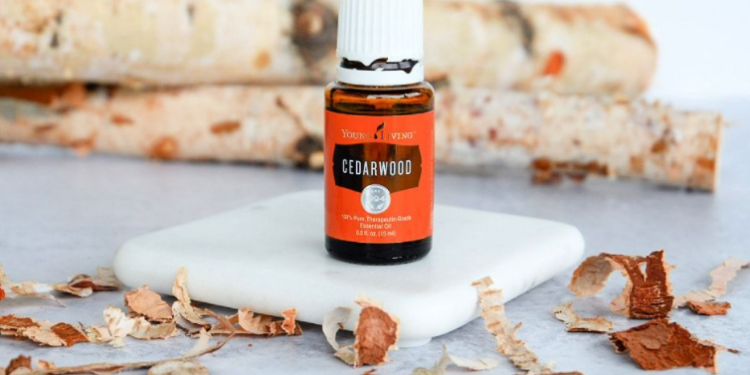By Amy Zellmer, Editor-in-chief
Essential oils are a complementary tool that can help you achieve a healthy lifestyle. They are easy to use, smell great, and are versatile.
All oils are not created equal. Young Living is the only brand I personally trust because I know they have complete control over their product from seed to seal. Oils sold at health food stores can be misleading. They are not regulated by the FDA, so you must look closely at the labels. The labels may say they are 100% therapeutic-grade oils when they are not. If the ingredients list anything other than the plant stated, or if the label has statements like “For external use only,” “For aromatic use only,” and/or “Dilute properly,” the oil inside that bottle may have been cut with other oils, synthetics, or chemicals.
Cedarwood
The biblical Cedars of Lebanon are the Cedrus libani, which are very closely related to the cedars in contemporary cedarwood oil. Historically, ancient Egyptians used cedarwood oil in ceremonial rites.
Cedarwood essential oil has a calming and soothing aroma. The oil promotes the appearance of healthy skin, hair, and scalp when applied topically. Cedarwood is also a natural deodorizer.
Cedarwood includes naturally-occurring constituents high in sesquiterpenes, which help deliver oxygen to the cells.
Use cedarwood essential oil in a diffuser to set yourself up for a restful evening enjoying a soothing, honey-like scent.
For more information on how to use essential oils, please visit: www.facesoftbi.com/eo











